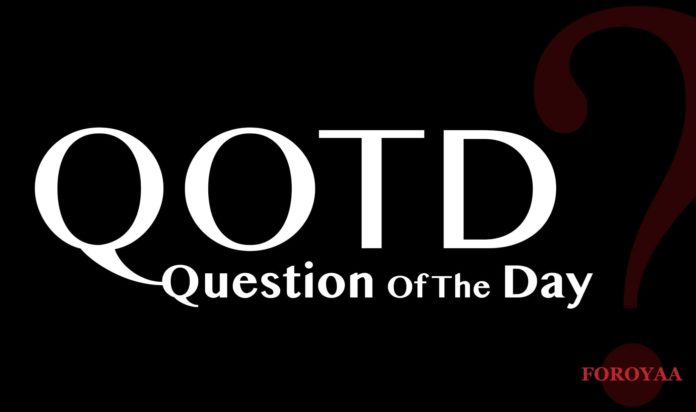QUESTION OF THE DAY
It is very common to find reports of opinions presented as facts, followed by the pursuit of those against whom adverse comments are made to get them to respond or refute any allegation. In most instances, the opinion first published is believed.
Proper or ethical standards in journalism require the dissemination of information which is true or believed to be true. This means that opinions given to journalists as facts must be thoroughly investigated before determining whether it is governed by facts or fiction. To disseminate any information without facts to back an opinion and expect to get to the facts by presuming the opinion to be true is to flout the ethics of the profession.
This is why principles serve as oversight to ensure that the pen is guided by truth, good faith and the public interest. In any country where journalists are guided by ethical principles, the public would be free from fake news.
The battle against fake news is the battle to temper journalists on the ethics of the profession and arm them with the heart and mind not to publish anything they have not properly investigated to the level of gathering sufficient facts to make their stories worth accepting as the truth.




















